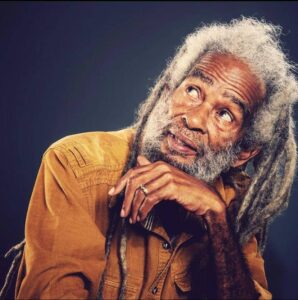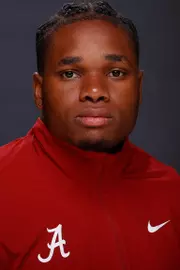
Who will appeal to Mr Maduro for reason?
We are not surprised by the latest actions of Venezuelan President Nicolas Maduro.
After all, since coming to power in 2013 he has demonstrated an aversion to democracy and has repeatedly sought to stifle political opponents.
Mr Maduro, who has presided over an economic collapse that has seen more than seven million Venezuelans flee the country as gross domestic product (GDP) plunged 80 per cent in a decade, is now in the midst of a row over the results of the July 28, 2024 presidential election.
The Opposition has claimed that its candidate, Mr Edmundo Gonzalez Urrutia, defeated Mr Maduro by a wide margin. However, Venezuela’s National Electoral Council has declared Mr Maduro the winner of a third six-year term, giving him 52 per cent of votes cast.
The electoral council has so far failed to provide a detailed breakdown of the results, claiming that a “cyber terrorist attack” has prevented it from doing so. It has insisted that the electoral process was “impeccable and transparent” and rejected as “rife with lies and contradictions” a report by a panel of United Nations elections experts that it “fell short of the basic transparency and integrity measures”.
The upshot is that the election results presented by the electoral council have been rejected by several Latin American countries, the United States, and the European Union. Additionally, the highly respected Carter Center observer mission has said there was no evidence to support the electoral council’s claim of a cyber terrorist attack.
Readers will recall that in 2018 Mr Maduro’s claim of an election victory was also rejected as a sham by dozens of countries. That, though, doesn’t seem to bother him, even though his regime has grown increasingly isolated in the international community.
We have pointed out before that Mr Maduro has consistently embarrassed his friends in this region, particularly last year when he sought to annex neighbouring Guyana’s Essequibo region and in 2017 when he organised a controversial election to create a constituent assembly to format a new constitution, even though he had always praised the 1999 constitution drafted and passed by his predecessor, President Hugo Chávez.
At that time, his opponents had said that the assembly was really an avenue for him to by-pass the Opposition-controlled Congress, and thus tighten his grip on power.
Last Thursday, news emerged from Venezuela that the legislature approved a law to regulate the registration and funding of NGOs described by the Maduro regime as a “façade for the financing of terrorist actions”.
The law, we are told, is one of several under consideration in the National Assembly that critics say are meant to criminalise Mr Maduro’s opponents.
The thought of what the regime will do next is chilling, especially as Mr Maduro had warned of a “bloodbath” if he lost his re-election bid.
We reiterate that Venezuela is a country in need of a political solution — one which upholds the tenets of democracy. Until then, we weep for the people of this country with which Jamaica has enjoyed good relations over many years.
Mr Maduro’s political colleagues in this region should think seriously of appealing to him, particularly those who share his ideology.
Maybe, just maybe, he will listen to them.























